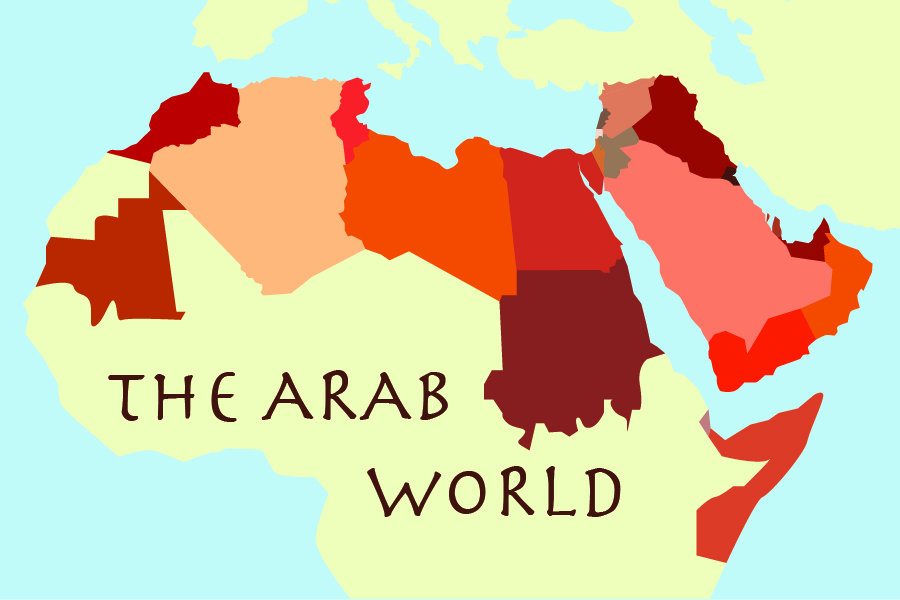
Why removing dictators doesn’t guarantee peace or democracy
 Seven years ago, hope resonated through the Arab world. In what became known as the Arab Spring, millions of people took to the streets of their towns and cities and demanded change. These demands usually revolved around desires for democratic reforms and an end to political corruption and repression.
Seven years ago, hope resonated through the Arab world. In what became known as the Arab Spring, millions of people took to the streets of their towns and cities and demanded change. These demands usually revolved around desires for democratic reforms and an end to political corruption and repression.
Now, in 2017, it seems as if the Arab Spring has truly become the Arab Winter, as many commentators dub it. Most Arab leaders have been unwilling to relent to major reforms. This has led to civil wars and failed states such as Libya, Syria and Yemen. The weakness of these governments have also allowed for extremists like Al-Qaeda and the Islamic State to grow wherever possible.
Hundreds of thousands of people have died. Millions still remain displaced in their own countries. Even greater amounts of people clamor for safety, stability and well-being in a region often fraught with chaos and suffering.
Civil wars, such as those in Syria and Yemen, see almost no end in sight. The incredible amount of foreign actors involved in these conflicts make it even harder to come up with a sustainable peace agreement.
What the U.S. has largely done to encourage the removal of dictators has been unplanned, hypocritical and wrongful at best.
The U.S., for example, largely supported Egyptian president Hosni Mubarak between 1980 and 2010, despite unfree elections and single-party rule. Once former President Barack Obama expressed his support for the end of the Mubarak regime, all seemed to go well. Elections were held and an Islamist became president.
No one would have expected after pretty much supporting the Egyptian Revolution that the U.S. would betray it. But the U.S. did renege on its words when it didn’t stand up strongly against the military coup that forcibly removed a democratically-elected leader from power.
Now, the U.S. wholeheartedly supports Egyptian President Abdul Fattah al-Sisi, despite him being an undemocratic leader. And it’s hard for the U.S. to claim to support human rights when the U.S.-backed Egyptian government under Sisi committed the Rabaa atrocities in 2013 — largely against political opponents and dissenters.
The approach of “regime change,” the removal of a dictator at all costs, is the main problem. Obama even admitted that the Libyan catastrophe remains one of the worst mistakes of his presidency. When Libya got rid of its repressive leader, Muammar Gaddafi, and held elections for representatives, everything seemed hopeful. But when the Islamic State appeared throughout the Arab world and the so-called Libyan rebels splintered into warring factions, all unified national order in the country collapsed.
What the U.S. did to enforce regime change at all costs, not knowing what the actual outcomes would be, ended up being a severe lapse in judgement and a disservice to the millions who now suffer in the Arab world today. Encouraging and actively attempting to take down dictators doesn’t change the bad reputation the U.S. has for meddling in other countries’ internal affairs and leaving them worse than they were before.
Good intentions may have come with intervening militarily in Libya and Syria, but the suffering has been magnified considerably. There is no doubt that the repression under the undemocratic repressive governments in the Arab world has been utterly terrible. But the effects of U.S. interference, as well as the actions of many in attempts to topple governments, brought about much more pain than ever imaginable.
Written by: Justin Chau — jtchau@ucdavis.edu
Disclaimer: The views and opinions expressed by individual columnists belong to the columnists alone and do not necessarily indicate the views and opinions held by The California Aggie.



